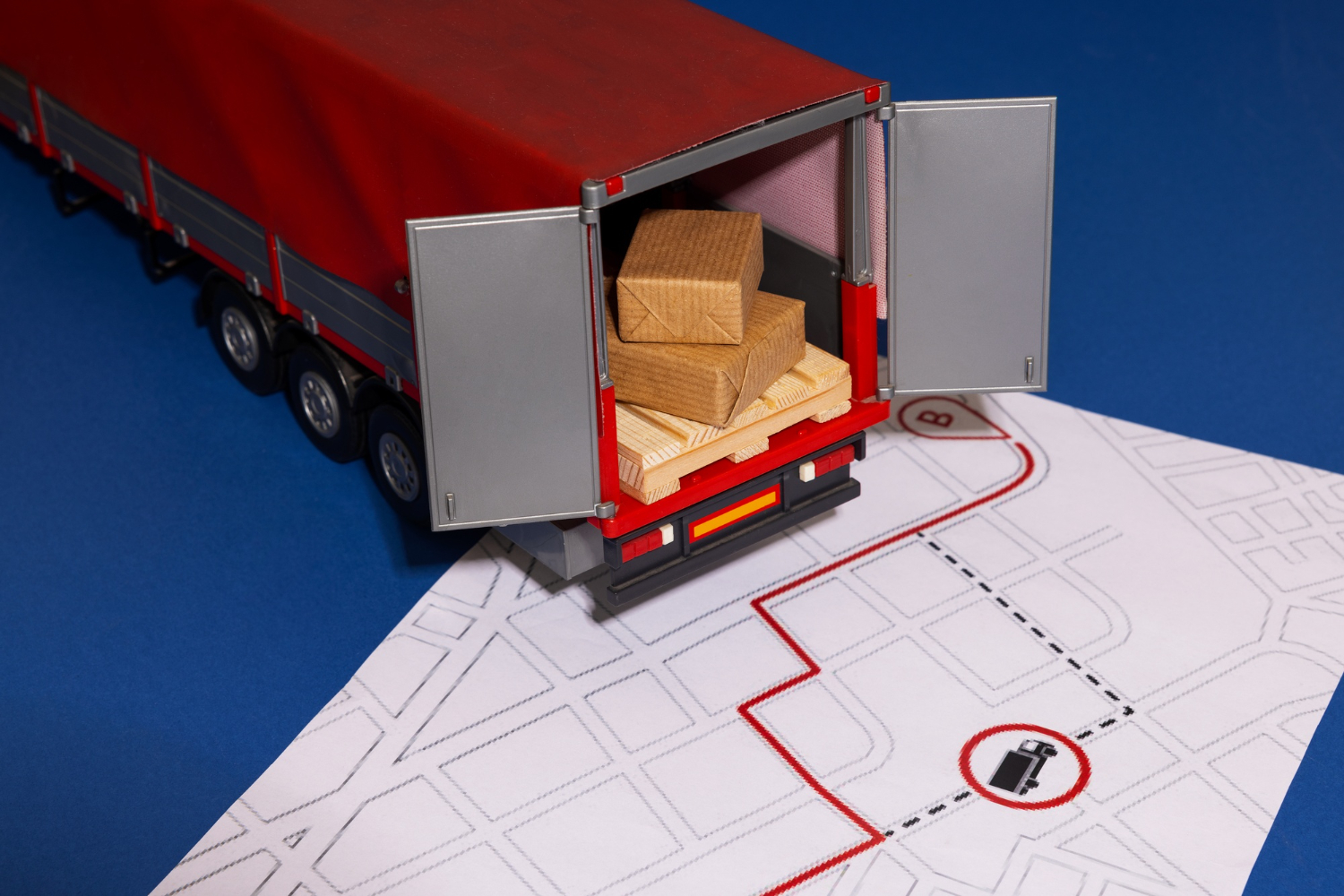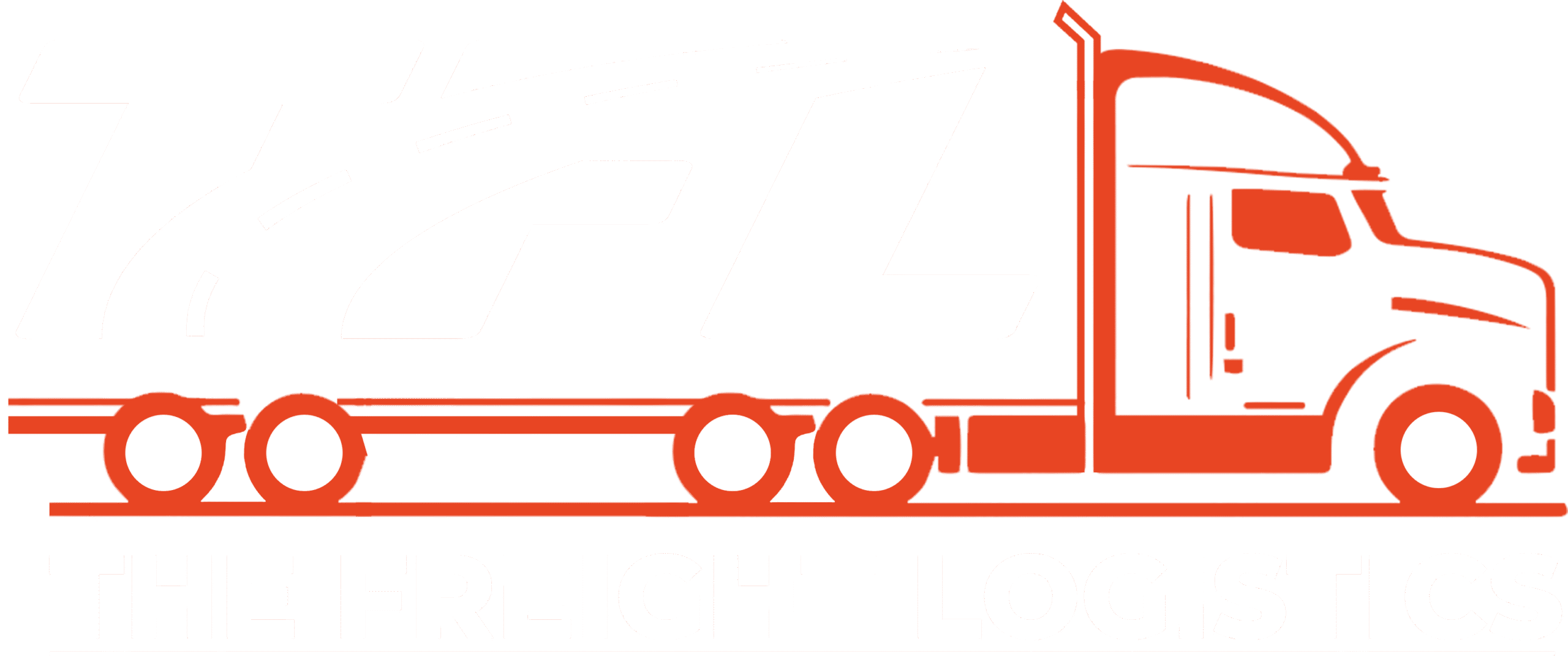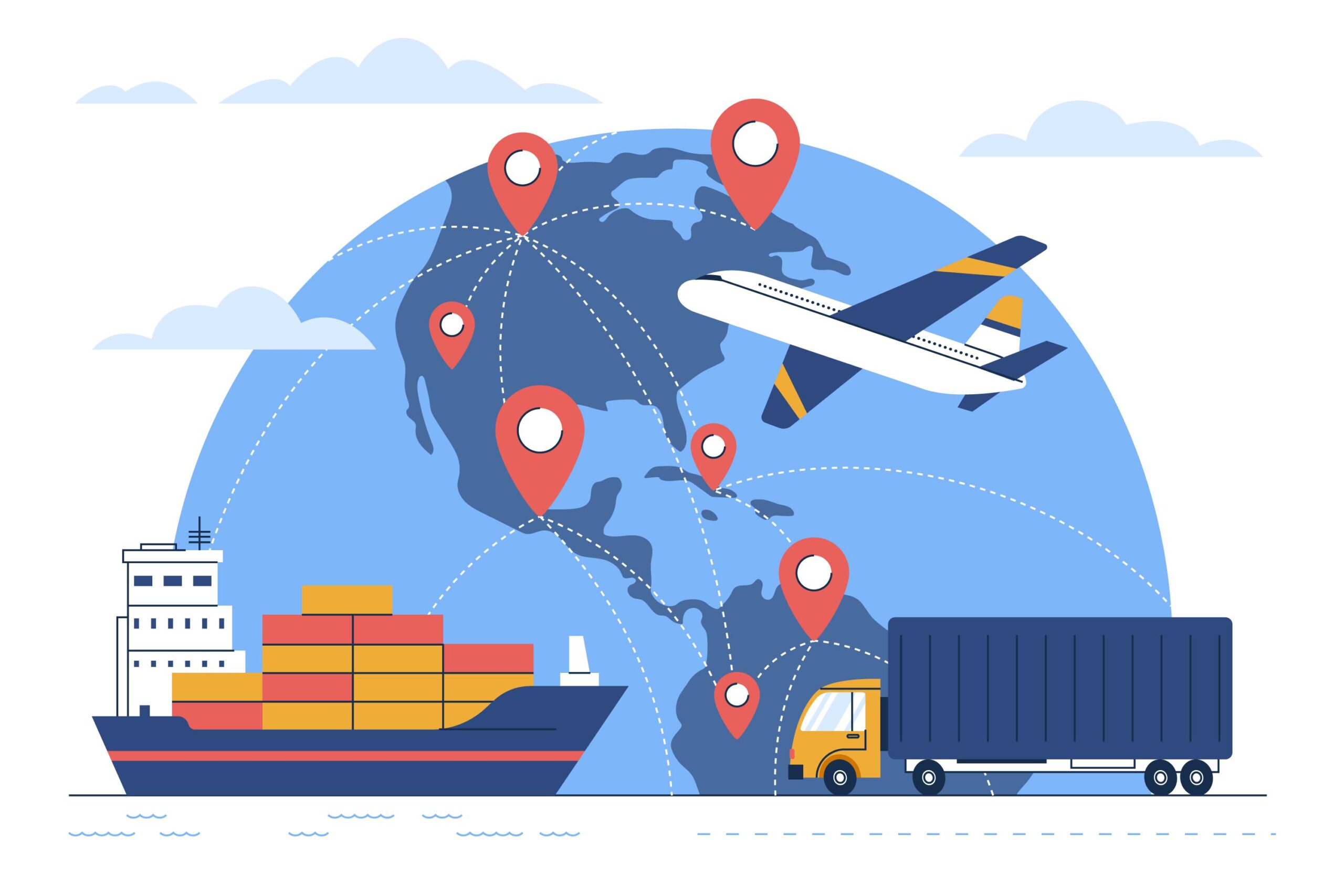
Stop and think about the everyday hustle in shipping these days. Every single package you send out hits your profits hard. Going with Less Than Truckload (LTL) or Full Truckload (FTL)? It’s a big deal, no question. Here in 2025, the shipping game’s changing quick, fancy tech is sorting out better paths for trucks, markets are all over the place, green laws are getting stricter, and tariffs are messing with global trade. If you’re running a business, you’re probably mulling over your choices more than ever to nail down the best way to ship. Over at The Freight Logistics, ranked as the second quickest-expanding logistics firm in the US, we've witnessed directly how personalized approaches turn hurdles into wins. If you're moving holiday stock for a store or supplies for production, grasping the nuances of LTL against FTL might just cut down on hassle and expenses. But let's pause: What factors from your own operations come to mind when weighing these choices? Fuel price volatility? Growth in online sales? Let’s get into the details.
So, what’s the deal with LTL versus FTL?
Let’s break it down. LTL is when you toss smaller shipments from different companies into one truck, perfect for loads from 150 to 10,000 pounds. You only pay for the space you use, worked out by stuff like weight, size, and how far the truck’s headed. On the flip side, FTL reserves the whole truck for your stuff alone, usually when you're dealing with over 10,000 pounds or needing every inch, and the charge is typically a straightforward flat fee for the vehicle. Delivery windows differ a lot: LTL could stretch from 2 to 7 days with all those pit stops for grouping and sorting, whereas FTL zips straight through, landing in 1 to 5 days based on the mileage. And don't forget handling, LTL means more hands on deck, bumping up the chance of dings, while FTL keeps things locked tight without extra meddling. Now, ask yourself: Does your shipping volume match the profile of LTL or FTL? Smaller, irregular shipments often work best when the ride is shared.
Let’s run through the ups and downs to get a sharper view. Starting with LTL:
What advantages stand out to you? It's hard to beat savings, particularly for smaller outfits, with rates edging up 1-3% this year, pooling the ride still trims individual expenses, maybe landing at $0.50 to $2 a pound compared to FTL's $1,000 to $5,000 for a full go. Plus, it's adaptable; send things now and then without locking in an entire haul. Sustainability is a growing pro, consolidated loads reduce the number of trucks on the road, cutting emissions by up to 30% per ton-mile compared to partial FTL runs. However, ponder the drawbacks: Longer transit due to hubs, higher damage risk from handling, and less predictability in a year where AI is optimizing routes but not eliminating delays. For The Freight Logistics clients, we've mitigated these with advanced tracking and warehousing services.
Now, turn to FTL:
What benefits might appeal if speed is your priority? Having the truck all to yourself speeds things up, boosts protection for pricey or delicate items, and keeps coordination straightforward, no blending with strangers. This year, with labor shortages and tariff pressure slowing down supply chains, nonstop direct routes can be a lifesaver, especially for perishables or urgent cargo. For big shipments, you spend less per unit, and arranging things like temperature control is more straightforward. But, if your load doesn’t use the whole truck, you’re shelling out for space you don’t need, which can hit your wallet hard. Also, one truck can have a heavier environmental impact, though newer electric trucks are starting to help with that.
If your business often hauls heavy gear, is FTL’s steady reliability worth the extra expense?
Heading into late 2025, your shipping approach might be shaped by a few key shifts. New tech is making it cheaper to run trucks for both LTL and FTL by picking better routes, and with tougher environmental laws, companies are leaning into greener ideas, think hydrogen-powered rigs for full loads or clever packing for shared ones. Online shopping’s growth is boosting the need for smaller shipments, which LTL is great for, but with tariffs creeping up and freight rates rising bit by bit, FTL could be more budget-friendly for those moving large quantities. The NMFTA’s tweaking how freight classes work to make costs clearer, and some carriers are joining forces to build faster, broader networks.
Consider a shopkeeper gearing up for holiday sales:
They might go with LTL for little batches of products and turn to FTL for the major shipments, while a factory moving big equipment might bank on FTL to keep things running smoothly. Or, if keeping expenses down is your top concern, could LTL help you save more? Teaming up with logistics pros like us can shed light on what’s best, with no-cost quotes and steady support to find the right path.
Ultimately, it all boils down to what your business needs most. Want to talk it over? Give The Freight Logistics a call on +1 (201) 620-2996 for a free estimate. Let’s work together to tweak your shipping plan for late 2025 and beyond.
Frequently Asked Questions
How much does LTL versus FTL shipping cost in 2025?
Shipping costs hinge on things like how far you’re sending stuff and how heavy it is. For smaller shipments, LTL could run you $100 to $500, with rates up 1-3% this year, while FTL could set you back $2,000 to $6,000 flat, but it’s cheaper per pound for big loads. How do your shipment sizes factor in?
How does sustainability factor into choosing LTL vs. FTL?
LTL’s shared system reduces the number of trucks needed, lowering emissions and fitting well with green regulations, while FTL works better for dedicated eco-friendly options like electric or hydrogen trucks. You could reduce your carbon footprint by up to 30%, what are your environmental priorities?
Is it possible to switch between LTL and FTL as my business expands?
Definitely, flexible partners make the shift seamless. Begin with LTL for cost-saving flexibility, then move to FTL as your shipments get bigger. How could your business’s growth shape your shipping choices?
What if my shipment is time-critical, which is better?
FTL for direct speed, but LTL express options are rising with AI. If you need delivery in under 7 days, FTL is the better choice; otherwise, LTL can save you money. What’s your time-critical threshold?




